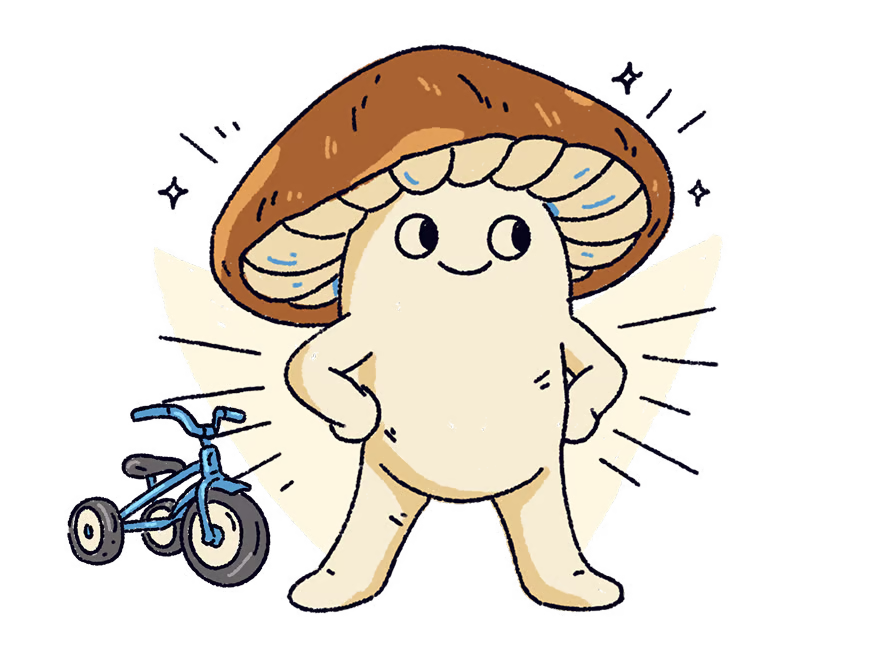Althea has signed The North Star Ethics Pledge, to help build integrity into the heart of the emerging psychedelic field. The Forward Fund is one way we’re keeping our commitment.
Psychedelic therapy is a groundbreaking treatment for so many of humanity's most challenging ailments.
At Althea, psychedelic experiences have shaped our lives, brought immense healing, and helped us form more meaningful relationships. Our mission is to help psychedelics reach the people who need them the most. As psychedelics have become more popular, we found ourselves being informal guides to friends and loved ones who were seeking these types of experiences, helping them safely navigate the landscape and connecting them with trained practitioners.
As Oregon rolled out their psilocybin program, we formed Althea to help licensed facilitators and service centers succeed in delivering their magic. While we’ve had meaningful underground experiences, we believe that a legal, regulated pathway will open up psychedelic therapy to so many more people, especially those who are more hesitant to venture into psychedelics. And that's where the real potential is.
Althea is a Public Benefit Corporation.
We live in Colorado, Oregon, Texas, and California. And we hope to meet you someday.
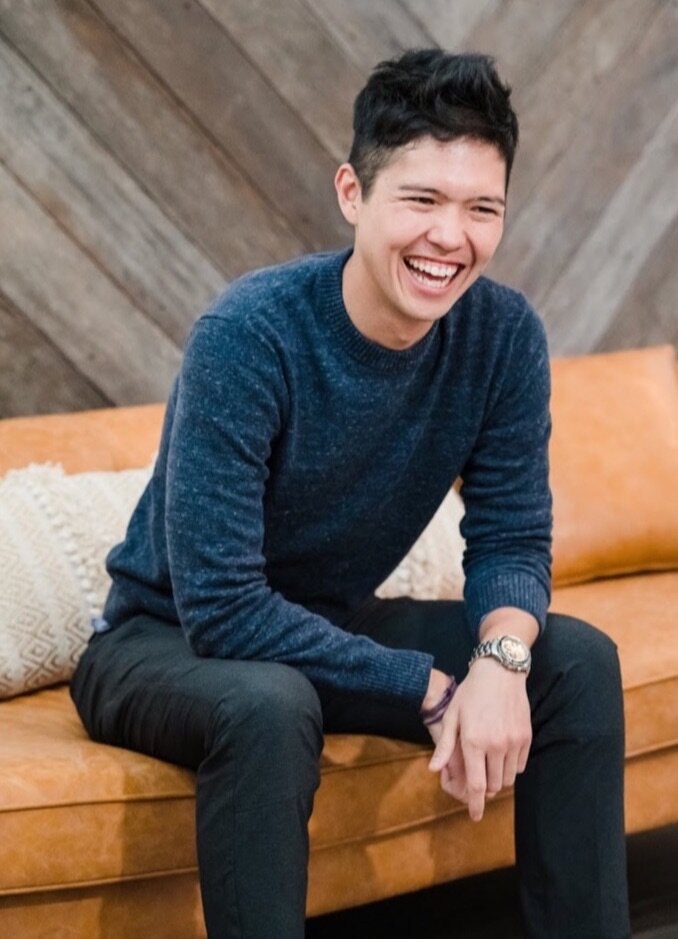
When my dad was diagnosed with cancer, it wasn’t clear if he would give up the substance abuse that caused it. My sister and I had spent much of our adult relationships with him urging, or bitter, or both. The familiar conversation emerged, would he quit drinking and smoking? Only this time, it wasn’t preventative. It was the prerequisite to his care plan: a risky surgery and a fight with chemotherapy.
I told him about the impact psilocybin had had on my life, how it had helped me, and shaped me as a father, leader, and partner. I also told him about the research in its potential to help with smoking cessation and alcohol use disorder. I was surprised that he agreed to try it out. While his intentions were focused on his addictions, I believe he got something entirely different. After his first session, he stopped talking about treatment, about getting better. He seemed accepting. He chose to move into death courageously, in a way that aligned with who he was. Instead of hospital rooms, we spent his last days on the beach. We drank beers and listened to Pink Floyd. And I couldn’t be more grateful for that experience.
Since then, I’ve had the opportunity to sit with the medicine to grieve and learn how to complete the relationship I lost with my dad. I was also able to sit with my mom in her grief and repair the relationship we still have.
It’s these types of transformational moments with my family, and the ones I hear about from so many others who wouldn’t have otherwise found the medicine, that motivate me to do this work. Althea is the best way I know to make a positive impact on humanity.

Then, a few years ago, I was in a traumatic car accident that left me with serious injuries and a lot of post-traumatic stress symptoms. I had a long recovery, with three separate surgeries, but even after I healed physically, I still struggled with lingering symptoms that had a dramatic effect on my quality of life. Familiar with the promising research about psychedelics and PTSD, I decided to give it a try.
The results were incredible. Not only was I able to get in a car without fear, but other areas of my life improved that I didn’t even realize were being affected. My connections with friends and family have deepened and I have been able to move on from the accident.
I believe that everyone deserves the chance to heal themselves in a way where they feel safe and confident, and through Althea we can help provide those opportunities to more and more people.

I have been a psychonaut since I saw Tool at Bonnaroo back when I was 17 years old. While that is a cherished adolescent memory, I took away something surprising: psychedelics transcend recreation. I didn’t just enjoy myself that evening, but I had a completely revelatory experience that impacted me profoundly. The medicine asked me to look inward, to question what I value, and to integrate the lessons I gathered back into my life afterward. Since then, I’ve taken great care with psychedelics and used them as a way to reset and give me insights for the road ahead.
In my career, I have worked at large healthcare organizations (Epic, Nordic) and started my own (100state). I believe in finding work that is meaningful and that helps people. At 100state, we helped people find community in Madison, WI, where people with big dreams and ideas wanted to solve problems. At Nordic, we created one of the best places to work in healthcare, with an excellent culture, and amazing career growth opportunities.
At Althea, we are paving the way to break the stigma around psychedelics. We are living in a mental health epidemic, and our modern way of living is only making life more daunting for more people. We need more options for people looking to get unstuck – to reset, connect with each other, and connect with the natural world.
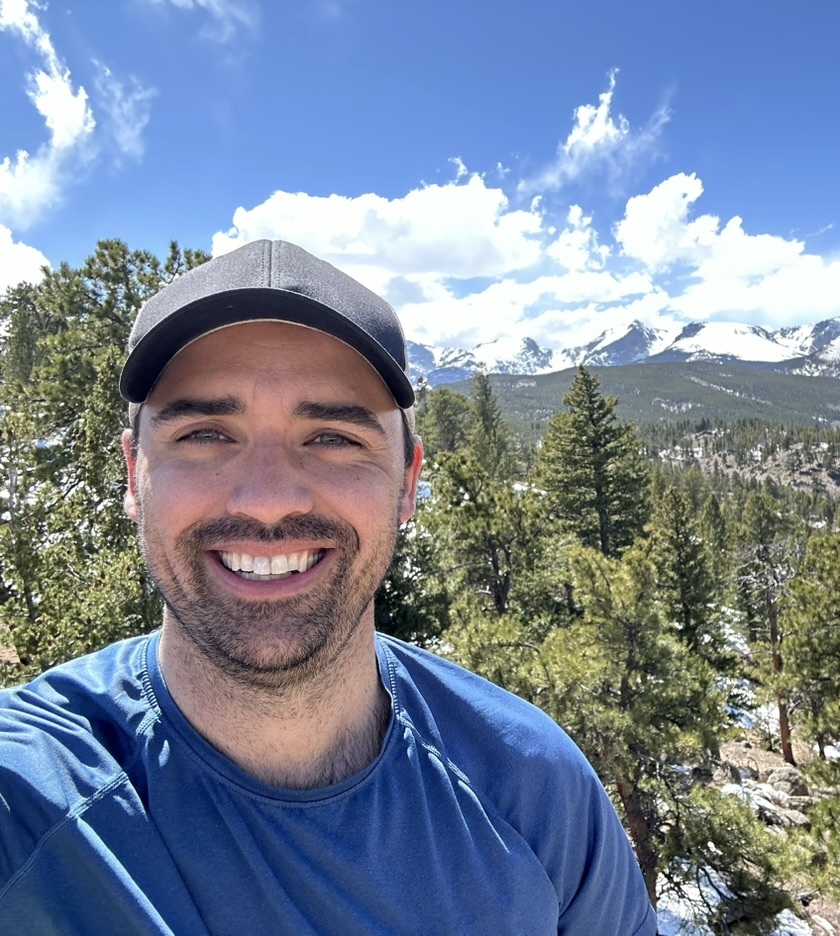
I have loved ones who struggle with mental health issues, and have for years, and most of these loved ones are not finding success through traditional treatment. They are desperate for help, and not sure where to turn.
Psychedelics may be a complete or partial solution. However, as a community we're still learning about the specifics of when, where, and how psychedelics can be most effective. For many people who don't have a background in psychedelics, "hope" is not enough for them to take the leap. They are looking for more data on outcomes and risks to build their understanding, and that data is not readily available.
This gap between "hope" and "understanding" is what drives me at Althea. How can we help the community operate safely and effectively while also learning in ways that will be compelling to those that may be more hesitant or skeptical. How can we make what feels to many like a leap of faith feel more like a small and deliberate step towards better overall health?
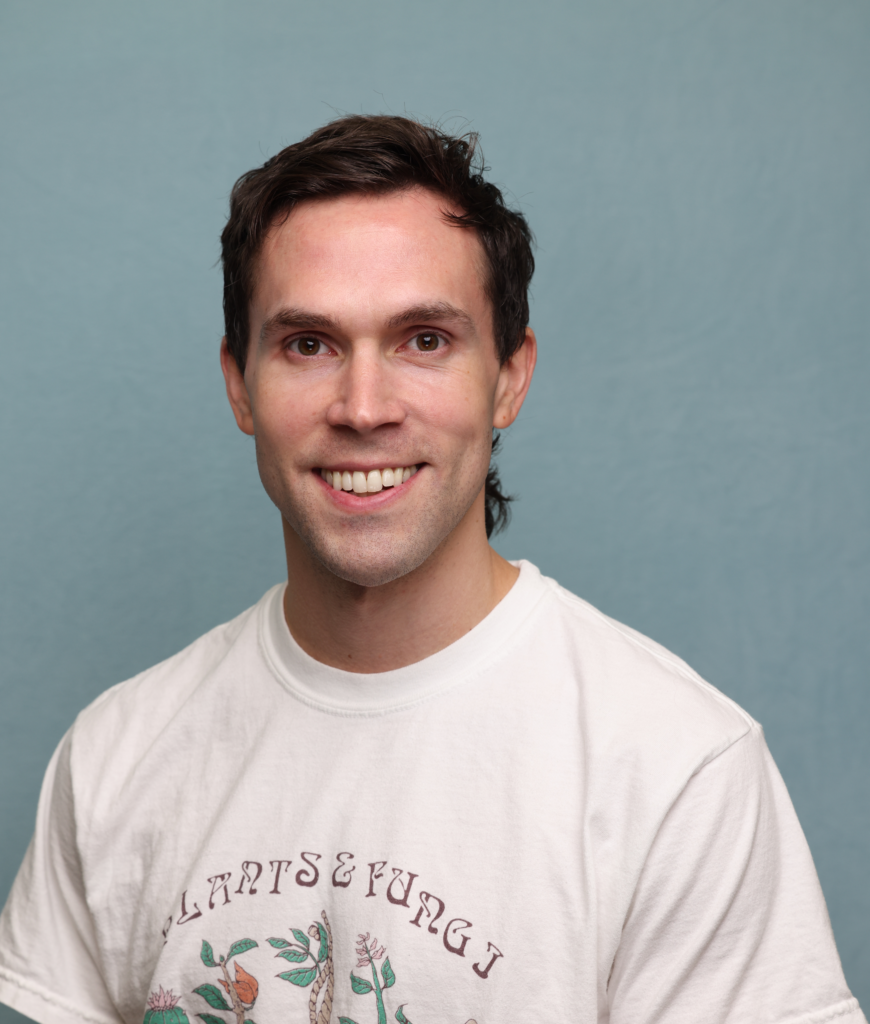
That first ceremony changed everything for me. I felt intense terror, surrendered to death, and moved into an overwhelming state of unconditional love and unity. It was the samadhi I’d contemplated intellectually, now unmistakably real.
By then, I'd spent years in pharma learning the ins and outs of biomedical science, clinical trial design, and drug approvals. I'd grown a bit disillusioned with that world, but the toolkit would come in handy. As I followed psychedelic research and policy reform with great personal interest, I saw a massive opportunity for news coverage that was both accurate and accessible. Serious but not sanctimonious.
So in January 2023, I launched Tricycle Day to make psychedelic education available (and entertaining!) to anyone curious enough to lean in. The newsletter grew to tens of thousands of subscribers, which caught the attention of Niko at Althea. After a medicine journey together in Colorado where we shared our visions for the future, it became clear we could do more together than apart.
Now, as President of Althea, I'm working on the most impactful thing I could be doing with my life: reducing suffering by increasing access to safe, legal psychedelic therapy for all who could benefit.

Movement, particularly dance, is at the heart of her approach, an essential tool for processing and integrating experiences both during and after journeys. As someone who used to overanalyze her emotions, she’s found that movement offers a gateway to freedom and sovereignty, a philosophy she weaves into her work.
When she’s not supporting others, you can find her web designing and content creating for both herself and other coaches, wandering Denver’s streets with her dog, chasing her next travel adventure, writing poetry, or hosting intimate dinner gatherings filled with good food and deep conversation.
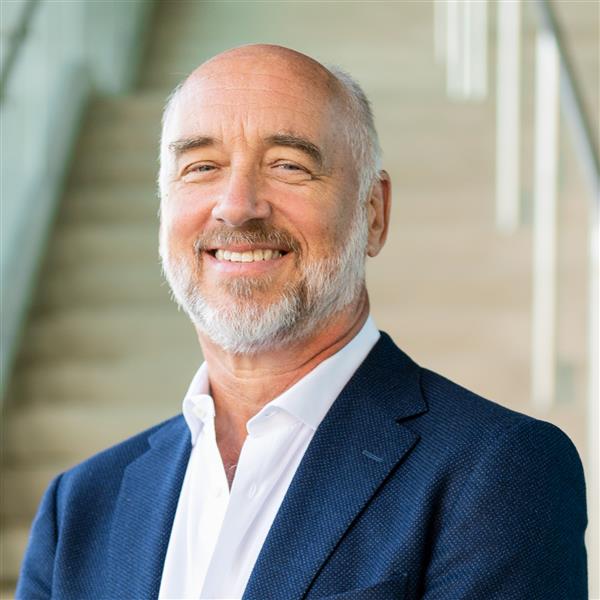
I received my B.S. from Cornell University and a Ph.D. in Neurobiology from Stanford. I then spent nearly 10 years on the faculty of the University of Zurich, Switzerland, before joining the University of Maryland School of Medicine in 1998. I remained in the Department of Physiology for 24 years, including 11 as Chair.
The mission of my laboratory is to discover the changes that occur in the brain in patients with
neuropsychiatric diseases so that we can identify better therapeutic treatments. This work has led to several patents for novel pharmacological approaches for treating depression. I am a co-founder of a biotech startup, ProNovo Therapeutics, dedicated to bringing these compounds from the laboratory to the clinic.
I believe that the promise of psychedelic therapy for many psychiatric diseases is the most exciting advancement in my career. As such, I am dedicated to finding novel approaches for increasing the utility and lowering the cost of using psychedelic compounds to improve mental health.
In addition to the lab, I am the Director of Novel Therapeutics for the Department of Psychiatry’s Brain and Behavior Innovation Center, and the Director of the Psychedelic Public Policy Partnership, a group dedicated to advising the State of Colorado as it implements the Natural Medicines Healing act, providing a legalized pathway for treating mental illness with psilocybin.
Stay in Touch
We send out an Althea newsletter about every month sharing the story as it unfolds.

